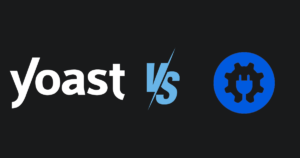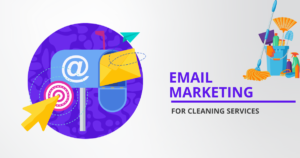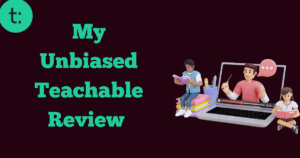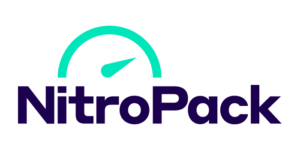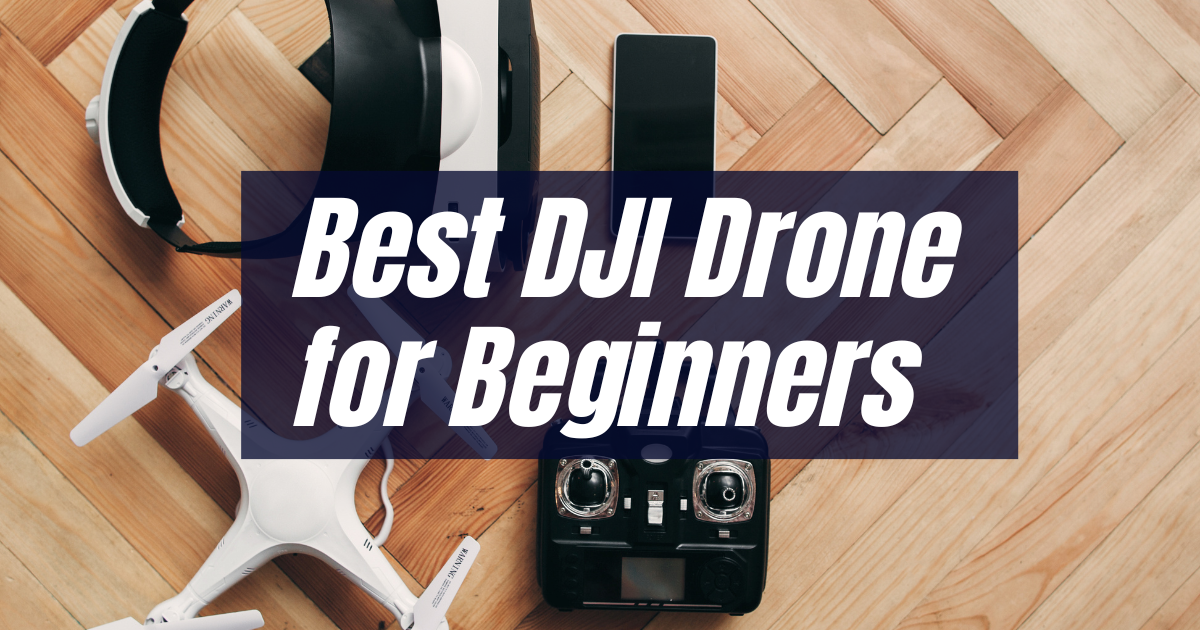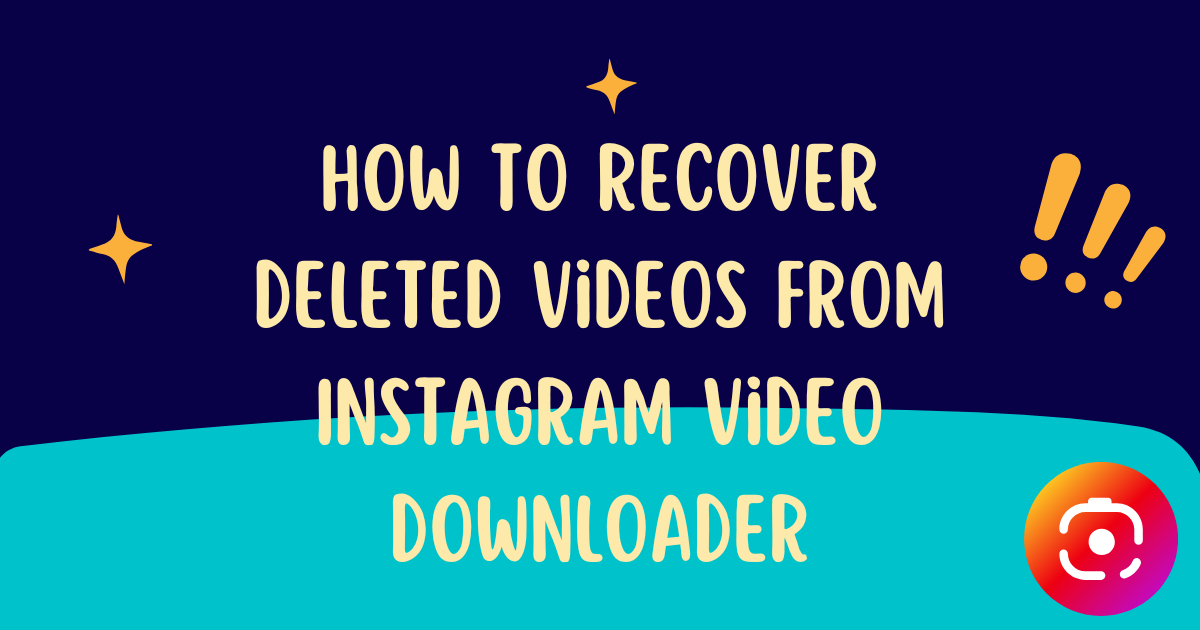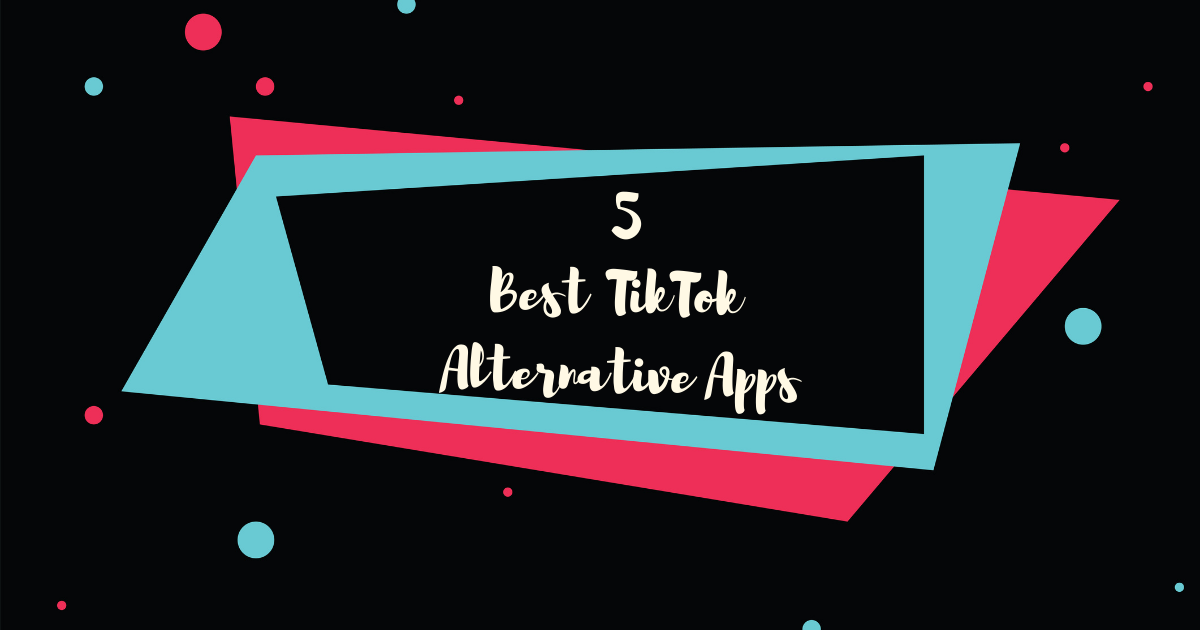Learn the secrets of successful Nigerian bloggers! Explore the ultimate guide on how to start a blog in Nigeria and set yourself up for success from day one.
If you are currently in Nigeria, then I’m sure you understand me when I say – everywhere you turn to in our beloved country, there’s a story waiting to be told.
Starting a blog in Nigeria isn’t just about putting words on a digital page; it’s about connecting, influencing, and making an impact. And if you’re reading this, it’s likely you’re feeling that itch, too.
I recall my early days, nestled in a small corner of my room in Sango-Ota, typing away my thoughts and stories, hoping someone out there would resonate.
So, whether you’re drawn by the allure of storytelling, the potential for financial freedom, or both, I’m here to guide you on this journey.
By the time you’re done with this guide, you’ll know how to start a blog in Nigeria – not just any one, but a successful one. So, get comfy, grab a cold Zobo, and let’s begin!
But First, What’s a Blog, Anyway?
You see, a blog is like an online diary. Think of it as a space where someone, or a group of folks, shares updates, stories, or insights. And the beauty? It’s all done in a relaxed, chatty style, almost like you’re having a tea-time conversation with your readers.
Should You Start a Blog in Nigeria?
In a word, Yes!
Starting a blog in Nigeria is not just a fantastic idea; it’s an opportunity waiting to be seized. Let me tell you why. With its rich cultures, stories, and voices, Nigeria is brimming with content just waiting to be shared.
Our nation is experiencing a digital renaissance, with increasing internet users and a growing number of digitally-savvy individuals. This digital boom means that there’s a hungry audience out there, eager for authentic, relatable, and engaging content.
Plus, consider the economic side of things: as businesses and brands become more digital, they’re constantly on the lookout for influential bloggers for partnerships, sponsorships, and collaborations.
So, not only do you get to share your unique Nigerian story, but there’s also potential financial gain in the mix. So, my friend, if you’ve got something to say, there’s no better time than now to start a blog in Nigeria and let your voice echo across the digital landscape.
Now that we are all on the same page, I am eager to share with you the steps to creating a successful blog.
Step 1: Understand Your Why
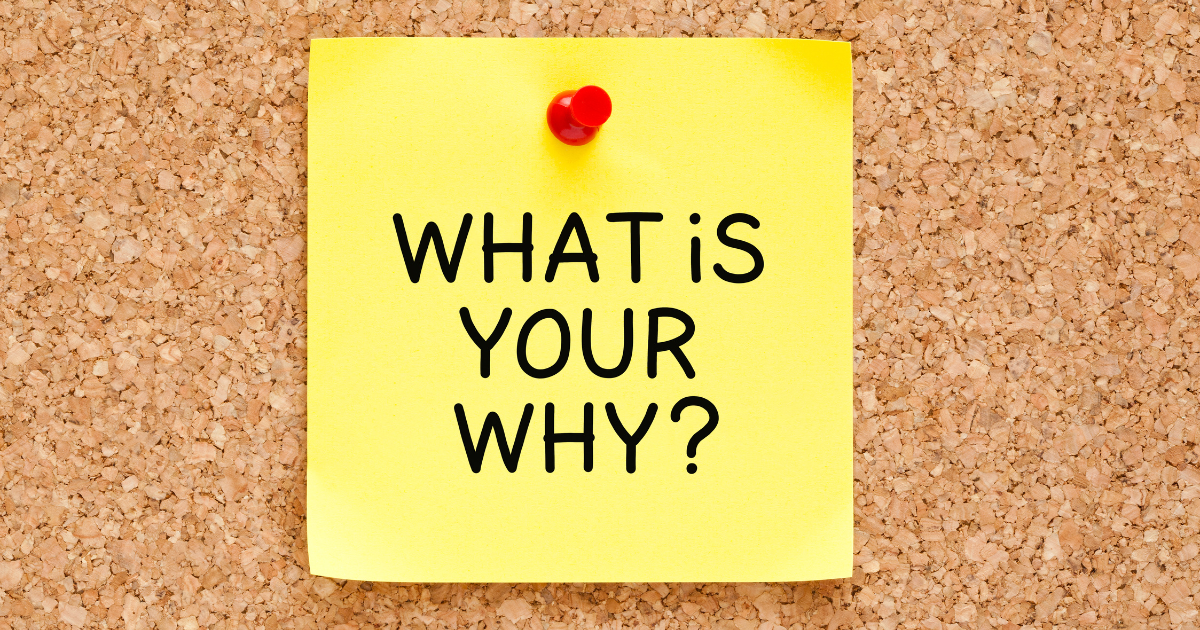
In my early days of blogging in Nigeria, amidst the vibrant hustle and bustle, I quickly realized that diving headfirst into the blogging scene without a clear purpose was like setting out on a road trip without a map. Trust me, you’ll find yourself lost in the expansive digital Sahara.
Blogging, especially when considering how to start a blog in Nigeria, goes beyond just publishing posts. It’s a journey of self-discovery and a deep connection with your audience. This is where the essence of ‘why’ comes into play.
Before you jot down a single word or choose a catchy domain name, you must understand the core of your passion and the purpose behind your blog. Is it to enlighten fellow Nigerians on a particular topic? Share personal anecdotes and tales from our beautiful country? Or perhaps to offer a solution to a problem many face?
With a firm grasp on your ‘why,’ you’ll be better positioned to identify your niche and truly resonate with your target audience.
Step 2: Move To The Technical Aspects of Starting a Blog

Now, let’s dive into the techy side of things. When I first ventured into blogging, I felt slightly overwhelmed by the technicalities. I’d often find myself in a local restaurant, sipping Malt, wondering how to weave through the maze of domain names, hosting services, and platform choices.
But believe me, while the tech aspect might seem daunting at first, especially for us non-geeks, it becomes much more manageable once you break it down. You see, just like perfecting the art of making a delicious pot of egusi soup, there’s a step-by-step process. And by mastering each component, you set a strong foundation for your blog and ensure that it runs seamlessly for all your eager readers. Let’s unpack these crucial elements, shall we?
A. Domain Selection

The first step to lay the groundwork when you’re eager to start a blog is picking the right domain name. Think of it as naming your firstborn or christening a new shop.
Your domain is your blog’s identity, its digital address that tells readers who you are and what you’re about. Now, while it’s tempting to go for something flashy or complex, the key is to choose a domain that’s relevant and memorable.
Now, let’s delve into some actionable tips tailored for those looking to start a blog, especially with a Nigerian flair:
Actionable Tips for Choosing a Domain
- Keep It Short and Sweet: A domain name that’s concise is easier to remember and less prone to typos. Imagine telling someone about your blog at a lively Lagos party; you’d want them to recall it effortlessly.
- Incorporate Naija Flavor: Consider adding elements that resonate with the Nigerian audience. Words or phrases that evoke familiarity can be a hit. For instance, ‘NaijaTechGuru’ or ‘LagosLifeDiaries.’
- Avoid Numbers and Hyphens: They can often lead to confusion. “Four” or “4”? A dash or no dash? Best to keep things straightforward.
- Ensure It’s Unique: The last thing you’d want is for readers to confuse your blog with someone else’s. Before finalizing, do a quick search to ensure no other similar domains exist.
- .com vs. .ng: While .com is universally recognized, opting for a .ng can firmly establish your blog’s Nigerian identity. It’s all about how localized you want to be.
- Reflect Your Content: Your domain should give readers a hint about what your blog covers. If you’re delving into Nigerian cuisine, for instance, ‘NaijaYumTales’ might be apt.
- Easy Pronunciation: If it’s tricky to say out loud, chances are it might be hard to remember. Keep it phonetically simple.
Remember, in Nigeria and beyond, a domain is not just a web address; it’s the first impression, the handshake that welcomes readers into your digital home. So, before you rush to start a blog, take a moment to brainstorm and select a domain name that truly embodies your blog’s essence.
B. Web Hosting
After locking down a catchy domain name, the next crucial step on your journey of figuring out how to start a blog in Nigeria is choosing the right web hosting.
Think of web hosting as the home where your blog resides, and just like when hunting for a house, you’d want one that’s secure, accessible, and reliable.
Now, speaking from experience, when I first waded through the sea of hosting options, one name consistently floated to the top: Hostinger. For those starting their blogging journey in Nigeria, Hostinger shines as a beacon of reliability. Here’s a bit more about it:
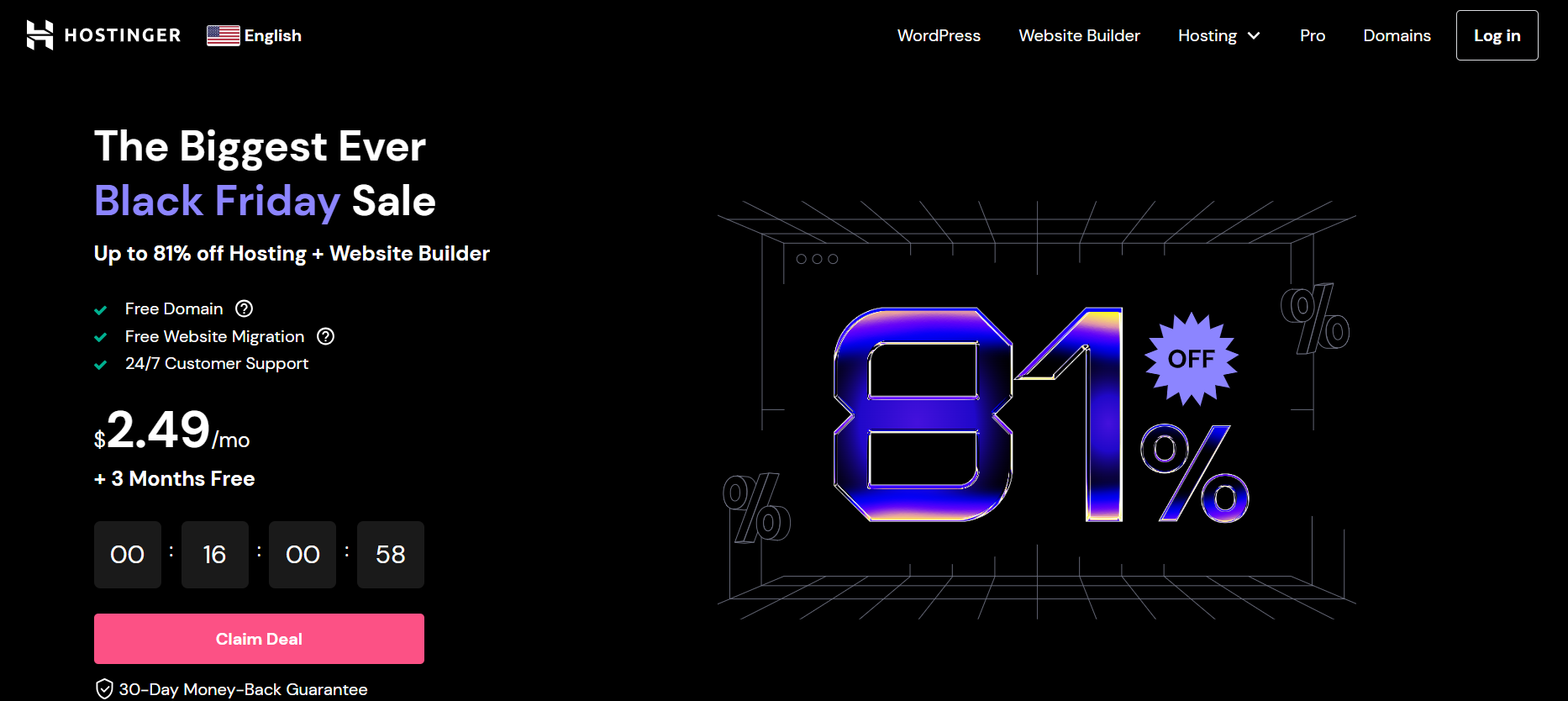
Hostinger
Hostinger is a web hosting service provider that offers a range of hosting solutions to cater to the needs of websites of all sizes. Founded in 2004, the company has grown significantly, attracting millions of users worldwide.
Hostinger is known for its reasonable hosting plans without compromising on essential features. They provide shared hosting, cloud hosting, and VPS hosting services, among others.
In addition to hosting, Hostinger also offers domain registration services, website builders, and various tools to help individuals and businesses establish their online presence. The platform is praised for its user-friendly interface, competitive pricing, and reliable uptime, making it a popular choice for many looking to start or scale their digital ventures.
Features of Hostinger
- Lightning-Fast Speeds: Ensures your blog’s content is delivered promptly to your readers, which is crucial in places with variable internet speeds.
- 99.9% Uptime Guarantee: Your blog remains accessible, minimizing the chances of potential readers meeting an error page.
- 24/7 Customer Support: Whether it’s a query at high noon or a technical glitch in the wee hours, their team is on standby to assist.
- User-Friendly Interface: Intuitive design and tools make the process seamless, even for those not tech-savvy.
Pros of Hostinger
- Affordability: Offers competitive pricing, making it a top choice for newcomers and veterans alike.
- Robust Infrastructure: Designed to handle traffic spikes, ensuring your blog remains stable during those viral moments.
- Free Domain & SSL: Get your chosen domain and an SSL certificate, essential for SEO and security, at no extra cost.
Cons of Hostinger
- Learning Curve: While packed with features, absolute beginners might need some time to familiarize themselves with the platform.
- Upsells: Once inside their dashboard, they do promote several add-on services. Though they can be useful, it’s essential to assess if you truly need them.
Why Recommended for New Bloggers:
In Nigeria, where internet speeds can sometimes be unpredictable, Hostinger’s robust infrastructure ensures your blog loads quickly for your readers. Additionally, its pocket-friendly plans mean you don’t break the bank as you kickstart your blogging adventure.
The Difference Between Free and Paid Hosting
Transitioning to another essential topic, let’s talk about the decision between a free blog and its paid counterpart.
Opting for a free blog in the initial stages might seem tempting (who doesn’t love freebies?), but it often comes with limitations – restricted customization, ads you can’t control, and sometimes, not-so-friendly domain names.
On the flip side, paid hosting like Hostinger gives you full control, allowing you to craft a unique identity for your blog, free from unsolicited ads and with advanced customization tools at your fingertips.
In essence, if you’re serious about making an impact with your blog in the Nigerian digital landscape, investing in reliable hosting like Hostinger becomes not just an option, but a strategic move.
C. Setting up the Blog.
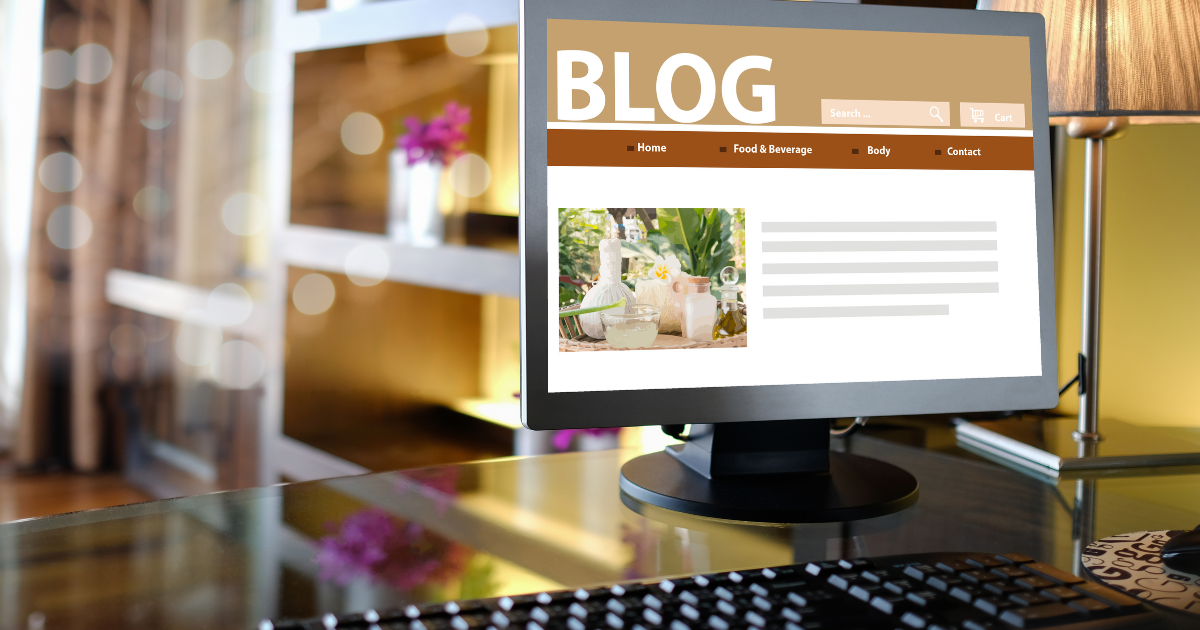
Once you’ve got your domain and hosting sorted, the real fun begins. Setting up the blog is like laying the first brick for your digital home.
Now, if you want to make a mark, especially considering how to start a blog in Nigeria, you must pay attention to the nuances of setting it up correctly. This is why I’ll be walking you through the dos and don’ts of setting up a blog. Let’s begin.
1. Choosing a Blogging Platform (e.g., WordPress, Blogger)
Embarking on the blogging journey in Nigeria can be an exciting endeavor, but it’s imperative to lay a solid foundation. And that foundation? Your blogging platform.
It’s the canvas where you’ll paint your stories, thoughts, and ideas. Now, while many platforms are available, I’ll delve into two of the most popular ones to help you make an informed decision.
WordPress

Arguably the most powerful and versatile platform out there, WordPress dominates the blogging world globally, and it’s no different for a blog in Nigeria that seeks robust functionality.
WordPress is a prominent content management system (CMS) in blogging. Initially developed as a user-friendly platform for bloggers, it has since evolved into a versatile tool capable of creating everything from simple personal blogs to complex e-commerce websites and professional portfolios.
Here’s a brief overview of what WordPress represents in the blogging realm:
- Versatility and Customizability: WordPress offers an extensive range of themes and plugins, which allows you to design and customize your blog to fit specific looks or functionalities you envision. (To read more on WordPress plugins, click here)
- Open Source: One of the biggest advantages of WordPress is that it’s open source. This means its source code is freely available for anyone to view, modify, and enhance, leading to a community-driven platform that’s constantly improving.
- Two Versions: There are two main versions of WordPress:
- WordPress.com: A hosted service where you can set up a free blog. However, it comes with limitations on customization and monetization.
- WordPress.org: A self-hosted version that requires you to have your own web hosting but offers full control over your website, including customization, monetization, and more.
- Large Community: WordPress boasts a massive global community of developers, designers, and bloggers. This means that help is always available in the form of forums, tutorials, and plugins.
- SEO-Friendly: WordPress is built with search engine optimization (SEO) in mind. With the right plugins, bloggers can further optimize their content to enhance their search engine visibility.
- Evolving Beyond Blogging: While it began as a blogging tool, WordPress is now used by businesses, e-commerce sites, news outlets, and more. Its flexibility has made it suitable for a wide range of web applications.
- Regular Updates: The platform receives regular updates, ensuring that it remains secure, bug-free, and in line with the latest web standards.
- Scalability: Whether you’re running a personal blog or looking to expand into a full-blown website, WordPress can handle it.
- Monetization: If you’re looking to earn from your blog, WordPress offers seamless integrations with various monetization options.
WordPress is often considered the gold standard for creating and managing blogs due to its flexibility, robust features, and extensive community support. Whether you’re a hobbyist or looking to create a professional blog, WordPress offers tools and options that cater to a broad range of needs.
Blogger
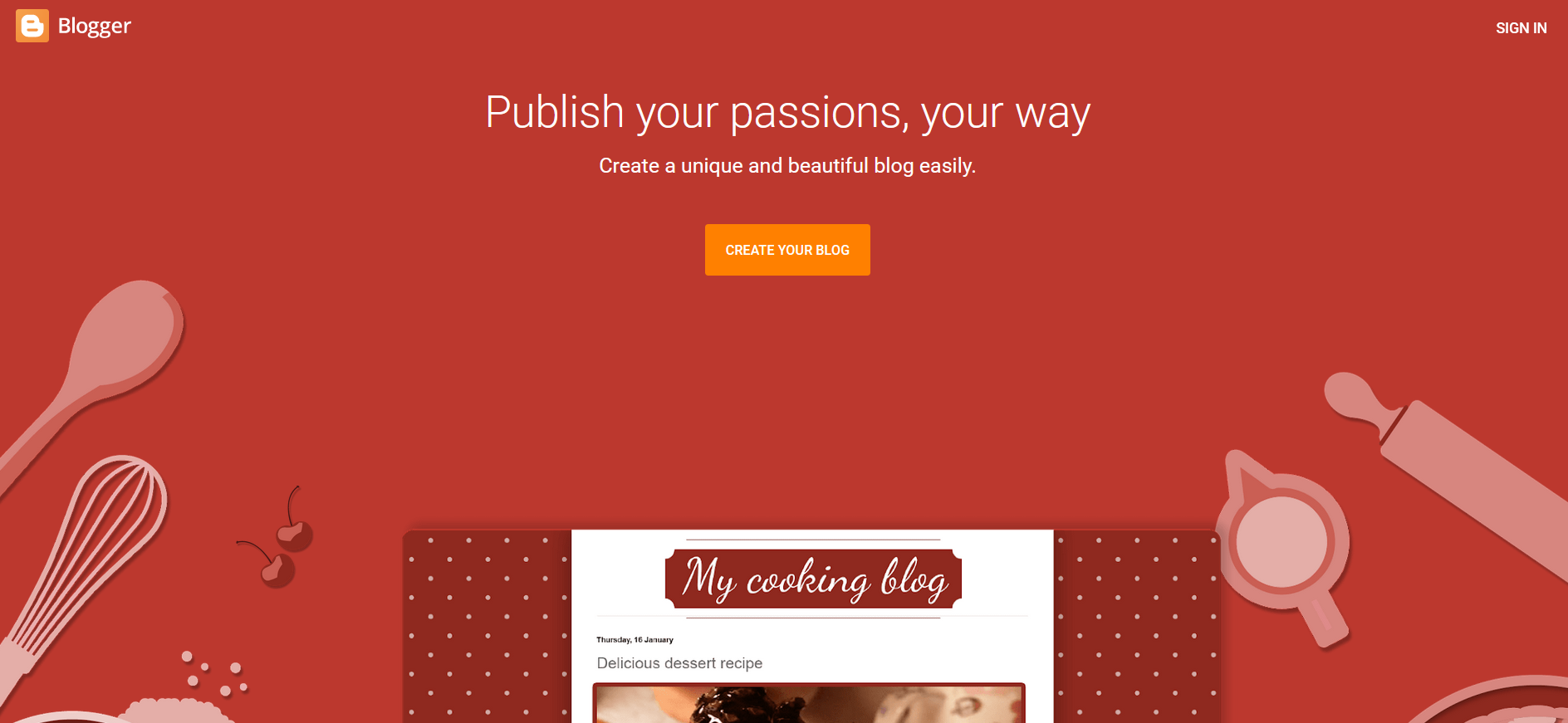
Offering a free blog in Nigeria and beyond, Blogger is a Google-owned platform known for its simplicity and ease of use. Since its inception in 1999 and subsequent acquisition by Google in 2003, Blogger has been a popular choice for many, especially those new to the blogging scene.
Here’s a brief overview of Blogger:
- Beginner-Friendly: If you’re entirely new to blogging, Blogger’s intuitive interface can be a boon. Because of its straightforward and intuitive interface, it is easy for anyone, even those without technical knowledge, to start blogging.
- Google Integration: Being a Google product, it seamlessly integrates with other Google services like AdSense. This means you can use your existing Google accounts to start a blog, and services like Google AdSense are easily implemented for monetization.
- Security: Since it’s backed by Google, Blogger benefits from robust security measures. You don’t have to worry about managing security updates or potential vulnerabilities to the same extent as some self-hosted platforms.
- Free Hosting: All blogs created on Blogger are hosted for free on Google’s servers, and you get a subdomain (yourblogname.blogspot.com) by default. However, you can also link your custom domains if you wish.
- Customization: While Blogger may not offer the same level of customizability as platforms like WordPress, it does provide a variety of templates. You can also modify these templates using the built-in editor or by tweaking the HTML/CSS directly.
- In-built Analytics: Blogger has an integrated dashboard that provides insights into page views, traffic sources, and audience demographics.
- Monetization: Given its integration with Google AdSense, you can easily monetize your blogs once they meet certain criteria.
- Limitations: While it’s user-friendly, Blogger doesn’t offer as much flexibility as WordPress, especially if you need to expand or add specific functionalities.
In a nutshell, the platform you choose largely depends on your needs and vision. If you want unparalleled flexibility and are looking to potentially expand in the future, WordPress is your go-to.
However, if you’re testing the waters and want a straightforward, no-frills platform, Blogger might be your best bet. Either way, ensure you do thorough research and consider your long-term goals before committing.
2. Basic Website Design Principles
When diving into the world of blogging, especially if you’re looking to start a blog in Nigeria, the design of your site plays a pivotal role.
Trust me, it’s not just about throwing content onto a web page and hoping for the best. Your blog design can make or break the user experience. So, here are some core design principles to ensure your blog resonates with your audience:
Clarity and Simplicity:
The golden rule? Keep it clean. A cluttered website can be off-putting. Instead, focus on a design that’s easy on the eyes and intuitive to navigate. After all, you can have the best content, but if it’s lost in a maze, it defeats the purpose.
Responsiveness is Key:
Today, people might stumble upon your blog from various devices – smartphones, tablets, or desktops. Ensuring your blog design is responsive means it’ll look and function well, irrespective of the screen size.
Typography and Readability:
Ever landed on a blog where the font was too whimsical to decipher? It’s crucial to choose fonts that are readable and aesthetically pleasing. Remember, the content on your blog is king, and readers should be able to consume it without squinting!
Color Theory:
Colors evoke emotions. Opt for a color palette that complements your brand and the vibe you want to set. If you’re unsure, neutral tones with pops of color usually do the trick.
Incorporating Visuals:
A picture can speak a thousand words. Including relevant images, infographics, or videos can enhance the visual appeal and break up long chunks of text, making the content digestible.
Call-to-Action (CTA) Placement:
Whether you want your readers to subscribe, share, or buy something, strategically placing CTAs can guide the user journey on your site.
Optimize for Speed:
No one likes a laggy website. Ensuring your images are optimized, and using reliable hosting (especially since you’ve secured a domain name) can significantly boost the load time.
Consistency is Crucial:
Maintain a consistent design throughout. From colors to fonts, ensuring uniformity provides a seamless experience for your readers.
Basically, while content is the heartbeat of your blog, the design is the vessel that delivers it to your audience. As you embark on your journey to start a blog in Nigeria, remember that the design is not just about aesthetics; it’s about creating an experience.
So, take a moment, ponder these principles, and ensure your blog stands out in the vibrant Nigerian digital sphere.
Step 3: Let’s talk Content Creation

Compelling content is at the heart of every successful blog, especially when navigating the dynamic landscape of how to start a blog in Nigeria. It’s the lifeblood that draws readers, keeps them engaged, and turns them into loyal followers.
But, let’s be honest here: churning out quality content isn’t a walk in the park. You need to find that perfect balance between being informative and engaging, all while maintaining authenticity. Think of your content as the special seasoning to your blog dish; it’s what gives it flavor, depth, and what keeps people coming back for more.
Over the next sections, we’ll dive deeper into the art and science of content creation, ensuring you’re well-equipped with the know-how to consistently deliver top-notch material to your blog. So, buckle up; our journey into the realm of captivating content is about to begin!
A. Importance of Localized Content
Stepping into the world of blogging, especially when you’re keen on carving a niche in the Nigerian digital landscape, demands a deep understanding of what resonates with the local audience.
Here’s the deal: generic content might get you some traffic, but tailoring your content to reflect local culture and sentiments is pivotal if you want to truly connect with your readers. Here’s why localized content is a game-changer for your blog:
Catering to Nigerian Audiences:
- Relatability: If there’s one thing readers appreciate, it’s content that speaks directly to them. When you craft content that mirrors their daily experiences, challenges, and joys, you form an instant bond.
- Tapping into Trends: Nigeria is a vibrant nation with trends evolving rapidly. You ensure your content is always relevant and fresh by staying updated and weaving these trends into your blog posts.
Highlighting Cultural Nuances:
- Showcasing Authenticity: Nigeria is a melting pot of diverse cultures, traditions, and languages. When you integrate these cultural nuances into your content, you not only showcase authenticity but also celebrate the rich melting pot that is Nigeria.
- Building Trust: Recognizing and respecting cultural nuances isn’t just about content; it’s a gesture that says, “I understand you.” This fosters trust and strengthens the bond between you and your readers.
In essence, if you want to blog about topics that hit close to home, it’s essential to lace your content with local flavors. By prioritizing localized content, your blog in Nigeria won’t just be another page on the web; it will be a reflection of the vibrant and diverse Nigerian spirit.
B. Consistency in Blogging
Alright, let’s talk about a word that often pops up when you’re figuring out how to start a blog: consistency.
Now, I get it; life gets busy, and sometimes, that initial enthusiasm might wane a bit. But here’s the tea: in the blogging world, especially if you’re aiming to make waves with your blog in Nigeria, consistency is not just key—it’s the whole darn lock!
Here’s why maintaining a steady rhythm in your blogging journey is crucial:
Setting a Content Calendar:
- Planning Ahead: A content calendar is your roadmap. It guides you on what to post, when to post, and even how to post. By laying out topics in advance, you alleviate the last-minute scramble for ideas, ensuring your content is well-researched and thought out.
- Diversifying Content: With a content calendar, you can ensure there’s a mix of topics, from informative pieces to lighter reads, catering to various segments of your audience.
The Significance of Regular Posting:
- Building a Loyal Readership: Think of your favorite TV show. You know it airs every Friday at 8 PM, and you’re there, popcorn in hand, ready to watch.Similarly, when readers know they can expect fresh content from your blog on set days, they’re more likely to return, creating a dedicated fan base.
- Boosting SEO: Regular posting means frequent website updates, and search engines love that! Consistent updates signal to search engines that your site is active, which can give you an edge in rankings.
- Maintaining Momentum: Let’s be real, starting a blog is exciting, but maintaining it? That requires dedication. Regular posting helps you maintain that initial momentum and passion, ensuring your blog remains a dynamic space.
Consistency isn’t just about frequency; it’s about commitment. If you want to start a blog in Nigeria that stands out and retains readers, setting a rhythm and sticking to it is imperative. After all, for your blog to leave a mark, it needs to be a consistent presence in the vast digital cosmos.
C. Quality over Quantity
When you’re embarking on your journey of understanding how to start a successful blog, there’s an age-old debate you’ll inevitably stumble upon: Quality or Quantity?
While the excitement of launching a blog can sometimes lead to the temptation of churning out content by the dozens, I’m here to spill some truth: It’s not about how often you post, but WHAT you post that truly counts. Let’s dive deep into why prioritizing quality is the golden ticket to blogging.
Researching and Crafting Well-informed Posts:
- Building Credibility: Picture this – a reader lands on your blog, excitedly clicks on a post, and finds it riddled with inaccuracies. That trust? Shattered in an instant. Investing time in research ensures the information on your blog is not just accurate but also valuable to the reader.
- Engagement Metrics: High-quality, well-researched posts are more likely to be read till the end, shared, and even bookmarked. This not only boosts engagement metrics but also directs consistent traffic to your blog.
- Staying Ahead of Competition: Let’s face it; there are probably hundreds, if not thousands, writing on the same topic. What sets your post apart? Depth, insight, and the quality of information.
Importance of Originality and Authenticity:
- Unique Voice: Your authenticity is your superpower. In a world of copy-paste culture, original content shines bright, giving your readers a fresh perspective and a reason to choose your blog over others.
- Avoiding Plagiarism Pitfalls: Beyond the moral implications, duplicated content can lead to SEO penalties, affecting your blog’s visibility in search results. Always strive for originality, not just to avoid penalties but to establish your blog’s unique identity.
- Building Genuine Connections: When readers sense the genuine passion and authenticity behind your words, they connect on a deeper level. It’s like having a heart-to-heart with a friend over coffee. That connection? Pure gold!
In a nutshell, while it’s tempting to flood your blog with countless posts, it’s the quality of your content that’ll truly leave a mark. Prioritize crafting insightful, well-researched, and genuine content. Because, at the end of the day, it’s the depth and authenticity of your words that will magnetize readers and build a loyal community around your blog.
Step 4: Grow Your Audience

Ah, the coveted goal every blogger yearns for – a thriving, engaged audience! You’ve got your domain name, and you’ve penned down some stellar content, but what’s the point if it’s echoing in an empty digital space?
Growing your audience isn’t just about increasing numbers; it’s about cultivating a community that aligns with your message. It’s the lifeblood that can make or break your blogging journey.
It’s important to remember that a massive audience doesn’t sprout overnight. It takes a mixture of strategic promotions, understanding your readers, and consistent engagement. The more you promote your blog effectively, the more eyeballs you get on your content.
And once you’ve got them hooked? That’s when you can think of ingenious ways to monetize your blog, turning your passion project into a potential revenue stream. Stay with me, as we delve deeper into the myriad ways to attract and retain your ideal readers.
A. SEO for the Nigerian Market

Starting a blog in Nigeria? There’s no escaping the mighty world of Search Engine Optimization (SEO).
I remember when I first began my blogging journey, the term ‘SEO’ seemed like some mystical concept.
But here’s the deal: SEO is the bridge that connects your content to your desired audience. And when we talk about the Nigerian market, it’s not just any SEO; it’s understanding the intricacies of how Nigerians search online.
Tailoring your keyword research to Nigerian-specific searches ensures that your blog pops up when someone local is looking for information you have. Think about it: if you can tap into the exact phrases Nigerians are punching into their search bars, you’re golden!
And let’s not forget the magic of backlinks and guest posting. By collaborating with other Nigerian bloggers or websites, you get their audience to lay eyes on your blog and enhance the trust search engines have in your site.
Imagine you’re in a room full of people, and someone points at you, saying, “Hey, that person really knows their stuff!” That’s basically what backlinks do for your blog in the online world. A backlink is when another website links to your site. It’s like a vote of confidence, signaling to search engines that your content is valuable and worth referencing. The more quality backlinks you have, the more authoritative your site appears, which can help improve your blog’s visibility on search engine results.
Let’s paint another scenario: imagine you’re invited to speak at a friend’s event because they believe you have valuable insights to share with their audience. Guest posting works in a similar fashion. It’s when you write an article or post for another blog or website. This allows you to tap into their audience, giving you a chance to showcase your expertise to a wider group of readers. Plus, it often comes with the added bonus of getting a backlink to your blog (remember the vote of confidence we talked about?), further boosting your SEO efforts.
So, in essence, backlinks and guest posting are tools to grow your blog’s audience and credibility in the digital realm. Trust me, a robust SEO strategy tailored for the Nigerian audience can be the jet fuel propelling your blog’s growth.
If diving deep into the intricacies of SEO sounds overwhelming, don’t fret! Consider reaching out to a seasoned SEO professional who can expertly navigate these waters for you, ensuring your blog reaches its fullest potential in the Nigerian market. Remember, sometimes, a little expert touch can make all the difference.
B. Social Media Integration
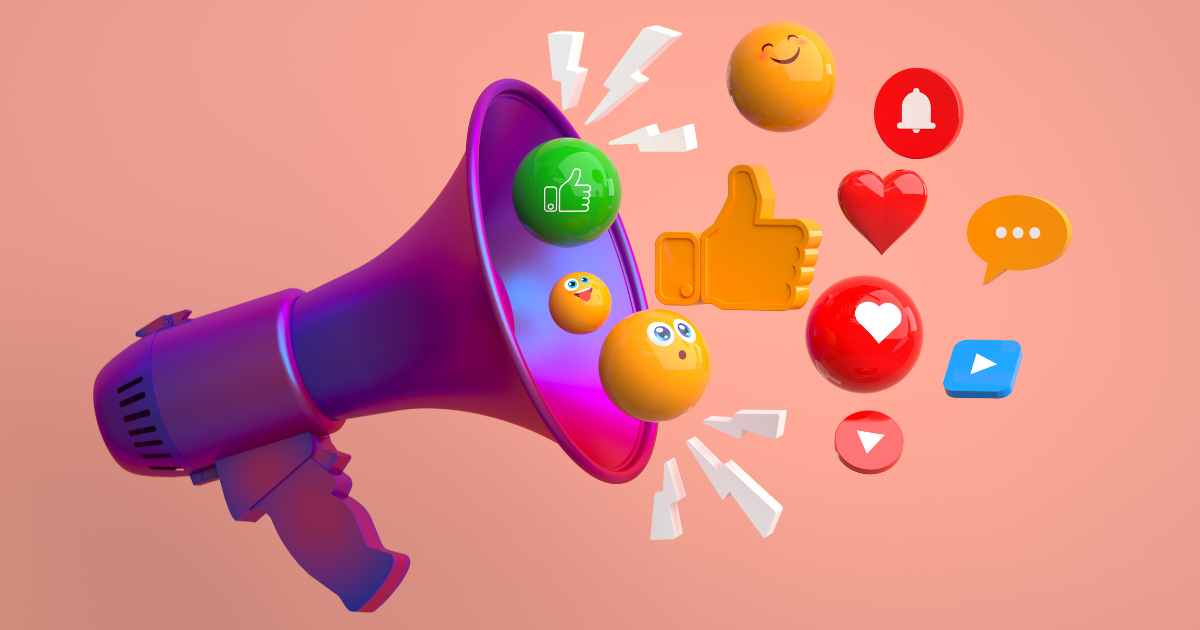
Starting a blog in Nigeria is an exciting journey, and while the foundation begins with choosing a domain name and crafting compelling content, it’s crucial not to overlook the power of social media integration.
From the bustling streets of Lagos to the serene landscapes of Calabar, people are increasingly connected, with smartphones in hand, scrolling through social feeds, looking for content that resonates. If you’re pondering how to elevate your blog’s presence, integrating it with social media is the key.
Why? Because platforms like Twitter and Instagram are more than just digital hangouts; they are potent tools for content distribution, especially in Nigeria. These platforms are where discussions are had, trends are set, and stories are shared.
1. Utilizing Platforms Popular in Nigeria:
- Twitter: A haven for real-time conversations. From politics to entertainment, We are vocal, expressive, and keen on participating in trending topics. Sharing your blog posts here, especially if they’re timely and topical, can result in a surge of traffic to your blog.
- Instagram: The visual appeal of Instagram makes it ideal for lifestyle, fashion, travel, and food bloggers. With the right use of hashtags, captivating images, and engaging stories, you can steadily grow your follower base.
2. Engaging With Followers and Building a Community:
It’s not enough to just share your content. The essence of social media lies in the word ‘social.’ Engage with your followers by:
- Responding to Comments: Show appreciation for feedback, answer questions, and maybe even spark up light-hearted banter.
- Hosting Live Sessions: Be it Instagram Live or Twitter Spaces, connecting with your audience in real-time can foster a deeper bond.
- Collaborations and Takeovers: Partner with fellow bloggers or influencers in Nigeria to broaden your reach. This could involve joint Instagram lives, story takeovers, or even co-authored blog posts.
Remember, the goal is to create a seamless blend between your blog and your social media platforms. It’s about crafting a cohesive narrative that reinforces what you want to convey through your blog. This integration not only drives traffic but establishes you as a relatable figure, someone who’s not just behind a domain name but actively present in the digital conversations of today’s Nigeria.
C. Collaborating with Other Nigerian Bloggers

Navigating the blogging sphere in Nigeria can sometimes feel like charting unknown territories, especially when you’re just starting out.
But here’s a secret: You don’t have to go at it alone. There’s a lot of power in collaboration, and teaming up with fellow Nigerian bloggers can open doors you never even knew existed.
1. Guest Posting:
As we discussed above, this is where you write an article or blog post for another blogger’s website. Why would you want to do that? Well, guest posting offers a win-win situation.
For the host blogger, they get fresh content on their blog. For you, it’s an opportunity to tap into a new audience and promote your blog. Plus, when these readers enjoy your content, there’s a high chance they’ll hop over to your blog to devour more of what you offer.
Additionally, when you host guest posts from other bloggers on your blog, your readers get introduced to new perspectives, keeping your content diverse and fresh.
2. Joint Ventures and Promotions:
Imagine combining forces with another blogger to create a product, host an event, or launch a giveaway. The pooled resources, be it audiences, skills, or insights, can amplify the results.
For instance, if you run a travel blog, you might collaborate with a food blogger for a “Culinary Tour of Nigeria” series. Joint ventures like these not only promote your blog but also enrich your content by blending two unique voices into one harmonious narrative.
Collaborating isn’t just about expanding your reach or adding variety to your content; it’s about building meaningful relationships in the blogging community. When two or more passionate voices come together, they create a melody that resonates far and wide, fostering a sense of unity and shared growth. So, the next time you come across a Nigerian blogger whose work you admire, reach out. You never know where such partnerships might lead!
Step 5: Implement Some Monetization Strategies

Ah, now we’re getting to the heart of what many budding bloggers in Nigeria wonder about: “How do I make money from my blog?”
If you’ve navigated the early stages of how to start a blog in Nigeria and have cultivated a modest following, monetizing becomes the next big step. But here’s the thing: while it might sound exciting (and trust me, it is!), monetization isn’t just about slapping ads on your blog and watching the Naira roll in. There are strategic ways to go about it.
a. Affiliate Marketing in Nigeria:
This is where you earn a commission for promoting someone else’s products or services. There are several platforms available that cater to the Nigerian market, ensuring that you’re reaching your core audience. But affiliate marketing is more than just dropping links; it’s about promoting products you genuinely believe in and feel would benefit your readers.
b. Sponsored Content:
This is another lucrative avenue. Nigerian brands are constantly on the lookout for bloggers with engaging content and an active readership. By partnering with these brands, you can create content that resonates with your audience while getting paid for it. However, it’s crucial to maintain transparency, letting your readers know which posts are sponsored.
c. Digital Products and Services:
Perhaps one of the most exciting ways to monetize your blog! From writing eBooks that share your expertise to offering courses or consultancy services, the sky’s the limit. Your blog becomes a platform to not only share your knowledge but also to package and sell it.
While this overview gives you a taste of the potential, there’s a lot more to delve into when it comes to blog monetization strategies. Lucky for you, I’ve crafted an extensive guide solely focused on this topic. If you’re keen on diving deep and understanding how to turn your passion into profit, head over to my article on Blog Monetization Strategies in Nigeria. It’s packed with insights, tips, and actionable steps to help you navigate the world of making money through blogging.
Essential Blogging Equipment & Tools for the Nigerian Blogger

As you embark on this exciting journey of sharing stories, insights, and expertise with the world, it’s essential to have the right tools by your side.
Blogging isn’t just about writing anymore; it’s a multi-dimensional platform, and to shine in this sphere, you’ll need more than just passion. Let’s dive into the must-haves to kick-start your blogging voyage in Nigeria:
- Computer/Laptop: Your digital workspace! A computer or laptop acts as your blogging command center. Ensure it has ample storage and decent processing speed to manage your blogging software, images, and perhaps even videos with ease.
- Internet Connection: Ah, the lifeblood of any digital endeavor! A smooth and reliable internet connection lets you research, upload your masterpieces, and engage with your audience seamlessly. And let’s face it, nothing’s more frustrating than a post failing to upload due to dodgy internet.
- Blogging Platform: Think of this as your blog’s home. Platforms like WordPress, Blogger, and Wix are some of the popular kids on the block. Each has its perks, so pick what aligns best with your vision. I recommend WordPress.
- Camera: While content is king, visuals are the crown jewels. A camera (or even a high-end smartphone) is invaluable for capturing stunning images that make your posts pop. Trust me; readers appreciate the effort.
- Microphone: Venturing into podcasts or video content? Brilliant idea! But remember, audio quality can make or break your content. A good microphone ensures your voice resonates clearly with your audience.
- Video Editing Software: Video content is all the rage now. Tools like Adobe Premiere Pro or Final Cut Pro can elevate your video game, letting you create content that’s not just informative but also engaging. Click this link to read more about making your videos pop.
- SEO Tools: Now, what’s a fantastic blog if people can’t find it? SEO tools, such as Google Analytics, Ahrefs, and SEMrush, help your blog get the spotlight it deserves on search engines.
Types of Blogs You Can Start in Nigeria

I hope you’re already excited about starting a blog, but maybe you’re still pondering what niche or category best suits you? No worries! Nigeria, with its rich cultures, trends, and issues, offers a broad canvas for bloggers. Let’s break down the blogging landscapes to help you pinpoint your passion.
- Personal Blogs:
Imagine sharing your life’s journey, the highs, the lows, and all those little stories in between. Personal blogs are like diaries, but online. You get to voice your opinions, share experiences, and connect deeply with readers who resonate with your story.
- News Blogs:
Are you always the first to know about the latest happenings around town? News blogs are up-to-date platforms covering everything from politics to local events. Nigeria and Africa, with their dynamic socio-political landscapes, always have stories waiting to be told.
- Fashion & Beauty Blogs:
Got an eye for style? Fashion blogs delve into the latest trends, DIY beauty hacks, and fashion show reviews. Nigeria’s fashion scene is buzzing, and there’s always room for more style-savvy voices!
- Food Blogs:
If you love the rich and diverse flavors of Nigerian and African cuisine, why not share it? From sumptuous jollof recipes to the art of making the perfect pounded yam, food blogs are a gastronomic adventure.
- Travel Blogs:
Nigeria, with its vast landscapes and diverse cultures, is a traveler’s dream. Share your escapades, from the bustling markets of Lagos to the serene landscapes of Jos.
- Tech Blogs:
In our fast-paced digital age, there’s always something new in the tech world. From the latest smartphones to groundbreaking African tech startups, this niche is vast and ever-evolving.
- Business Blogs:
As Africa’s largest economy, Nigeria is brimming with entrepreneurship stories, marketing tips, and finance hacks. If the corporate world is your playground, this one’s for you.
- Lifestyle Blogs:
A bit of health, a dash of wellness, some home decor, and voilà! Lifestyle blogs are a mix of diverse topics, reflecting everyday life and interests.
- Educational Blogs:
Got expertise in a subject? Share your knowledge, offer tutorials, and guide the next generation. With the growing emphasis on e-learning in Nigeria, this is a booming space.
- Sports Blogs:
From football to athletics, sports are close to many Nigerians’ hearts. Discuss games, analyze matches, and celebrate our sports heroes!
Remember, while it’s essential to pick a niche you’re passionate about, it’s equally crucial to understand your audience. Whichever path you tread, make sure it resonates with the Nigerian audience.
Challenges in the Nigerian Blogging Landscape and How to Overcome Them

Blogging in Nigeria, like many pursuits, comes with its own set of unique challenges. While there are many rewards waiting for those who venture into this space, it’s only fair to also touch on the hurdles you might encounter. Some issues are general, common to bloggers worldwide, but others are more specific to the Nigerian context.
From technical hitches, like inconsistent internet connectivity, to the ever-evolving nature of our vibrant, diverse audience, blogging in Nigeria requires a certain level of adaptability and resilience. Yet, every challenge presents an opportunity, and in the upcoming sections, we’ll delve into some of these common roadblocks.
More importantly, we’ll discuss actionable strategies to help you navigate and rise above them, ensuring your blog stands out and thrives in the bustling Nigerian digital landscape.
1. Dealing with Slow Internet Speeds

One of the more pressing challenges faced by many bloggers in Nigeria is slow and inconsistent internet connectivity. When you’re trying to upload a new post, images, or videos, slow speeds can be a real test of patience.
Strategies to Overcome:
- Scheduled Uploads: Consider scheduling your uploads during off-peak hours when the internet traffic is lighter.
- Offline Content Creation: Make use of blogging platforms that allow offline content creation. This way, you can draft and edit your posts without an active connection and then upload when you have a stable one.
- Internet Bundles: Invest in data bundles from multiple providers. If one is slow, you can easily switch to another.
2. Navigating Payment Gateways and Monetization Challenges Specific to Nigeria
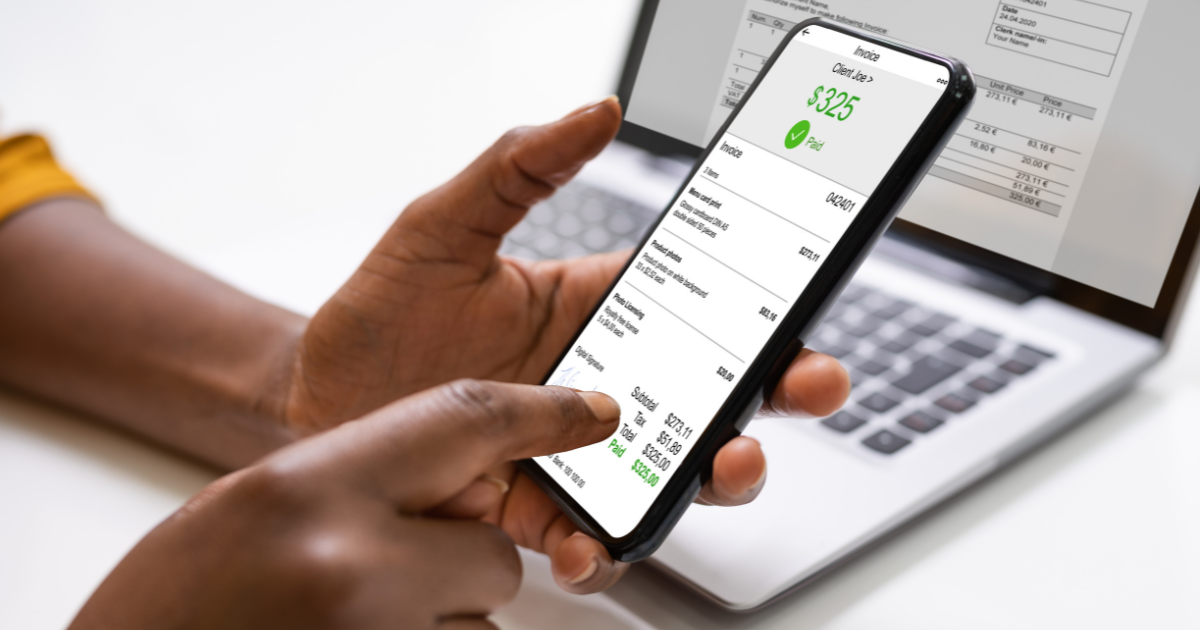
The intricacies of the Nigerian financial system mean that bloggers might face hurdles when trying to monetize their platforms, especially if they’re targeting an international audience.
Strategies to Overcome:
- Diversified Revenue Streams: Instead of solely relying on one monetization method, consider diversifying. Affiliate marketing, sponsored content, and digital products can be combined for multiple income sources.
- Use Trusted Payment Gateways: Platforms like Paystack and Flutterwave offer solutions tailored to the Nigerian market and are known to be reliable.
- Consider Direct Bank Transfers: For local collaborations or sponsorships, direct bank transfers remain an effective payment option.
3. Staying Updated with the Ever-Evolving Nigerian Digital Space

The Nigerian digital realm is dynamic, with trends, algorithms, and preferences shifting rapidly. For bloggers, this means constant adaptation.
Strategies to Overcome:
- Regular Training and Webinars: Stay ahead by enrolling in local digital marketing or blogging webinars. These often offer insights tailored to the Nigerian audience.
- Join Blogging Communities: Being part of a community like the Nigerian Bloggers Forum can provide firsthand updates on any changes in the landscape.
- Subscribe to Digital News Platforms: Sites that focus on tech and digital news in Nigeria can be invaluable for staying updated.
4. Navigating Inconsistent Power Supply
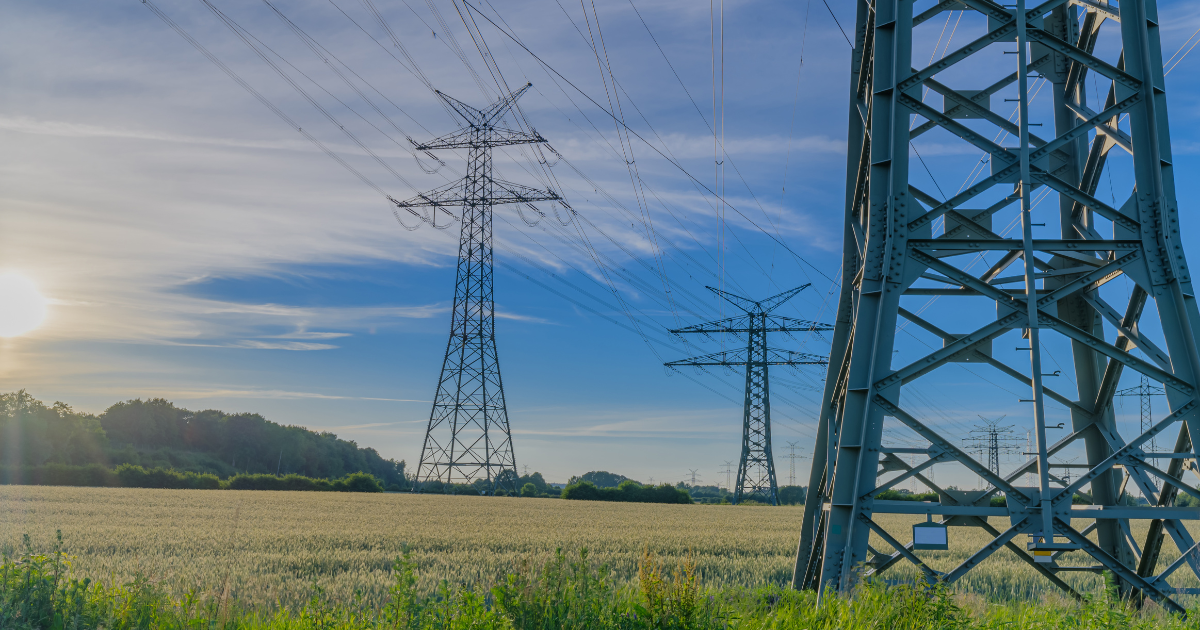
It’s no secret that power outages are a recurrent issue in Nigeria. For bloggers, this can disrupt work, especially if there’s no alternative power source.
Strategies to Overcome:
- Invest in Uninterruptible Power Supplies (UPS): A UPS can provide you with an extra couple of hours to save your work or finish up a task.
- Flexible Work Hours: If you’re aware of certain times of the day when power outages are more frequent, plan your blogging activities outside of those hours.
- Backup Everything: Ensure that all your work is regularly backed up to cloud storage or an external drive, so you don’t lose content during sudden outages.
By addressing these challenges head-on and with a proactive approach, you can ensure that your journey of blogging in Nigeria is smoother and more rewarding.
Final Thoughts

And there you have it! The exhilarating world of blogging, especially in the vibrant landscape of Nigeria, awaits you. Embarking on this journey might seem daunting initially, but always remember: every seasoned blogger began just like you, pondering how to start a blog in Nigeria.
It’s a world full of possibilities, and with dedication, passion, and the right guidance, you can carve out a space uniquely yours.
Starting a blog is not just about sharing content; it’s about connecting, learning, and growing. So, take that leap of faith! If you’ve ever felt the spark to share your voice, now is the time.
And hey, I’d love to hear from you! If you have any questions, thoughts, or you’re just brimming with excitement about your upcoming blogging adventure, drop a comment below. Or better yet, share this guide with a friend who’s also considering taking the plunge.
Remember, every journey begins with a single step, and you can absolutely conquer the blogging world. Let’s embark on this exciting adventure together! 🚀🖋️📖
Frequently Asked Questions on How To Start A Blog In Nigeria

How much does it cost to set up a blog in Nigeria?
The cost to set up a blog in Nigeria can vary based on several factors, including the platform you choose, the domain name, hosting services, and any premium themes or plugins you may wish to use.
Typically, purchasing a domain name might cost between ₦3,000 to ₦15,000 annually. Hosting can range from ₦5,000 to ₦30,000 a year, depending on the service provider and plan. Additional costs can arise if you opt for premium themes, plugins, or professional design services.
Altogether, you could be looking at an initial investment of anywhere between ₦10,000 to ₦100,000 or more, based on your preferences and needs.
Where can I learn blogging in Nigeria?
There are several avenues to learn blogging in Nigeria. Many online platforms and institutions offer courses on blogging and digital marketing.
However, one highly recommended resource is this blog – the oladejoelisha blog. It’s an excellent platform that offers insightful tips, guides, and strategies tailored for the Nigerian audience. Additionally, attending workshops, webinars, and joining blogging communities can also be very beneficial.
How do bloggers get paid in Nigeria?
Bloggers in Nigeria earn through multiple avenues:
- Ad Networks: Such as Google AdSense, where they earn revenue based on the number of views or clicks on advertisements displayed on their blogs.
- Affiliate Marketing: They promote products or services and earn a commission on sales made through their referral links.
- Sponsored Posts: Brands pay bloggers to write and publish articles about their products or services.
- Selling Digital Products or Services: This includes eBooks, courses, or consultancy services.
- Direct Advertisements: Selling ad spaces directly to companies or individuals.
How can I start a blog with no money in Nigeria?
Starting a blog with no money in Nigeria is feasible. You can opt for free blogging platforms like Blogger, WordPress.com, or Wix. These platforms offer free domains (with the platform’s name included, e.g., yourblogname.blogspot.com) and hosting.
As your blog grows, you can consider investing in a custom domain and other premium features.
Who pays you for blogging?
The source of payment for bloggers varies. If they’re earning from ad networks like Google AdSense, the network will pay them. If they’re into affiliate marketing, the affiliate program, such as Amazon Associates or Jumia Affiliate, pays them.
For sponsored content, the brand or company that sponsored the post will pay the blogger. Additionally, if they’re selling products or services, they get paid directly by their customers or subscribers.
How much do beginners earn on Blogger?
Earnings for beginners on Blogger (or any platform) can vary widely based on niche, content quality, audience size, and monetization strategies. Some might earn nothing initially, while others might start earning a modest amount within a few months. It’s essential to focus on creating high-quality content and building an audience before expecting significant earnings.
How many blogs should I post a week?
The ideal number of blog posts per week depends on your goals, audience, and the amount of time you can dedicate to your blog. As a general rule, consistency is more critical than quantity. It’s better to post one high-quality article per week consistently than to post multiple articles inconsistently.
Some bloggers find success posting daily, while others do well with 2-3 posts a week. Gauge your audience’s response, track your analytics, and adjust your posting schedule as needed.






